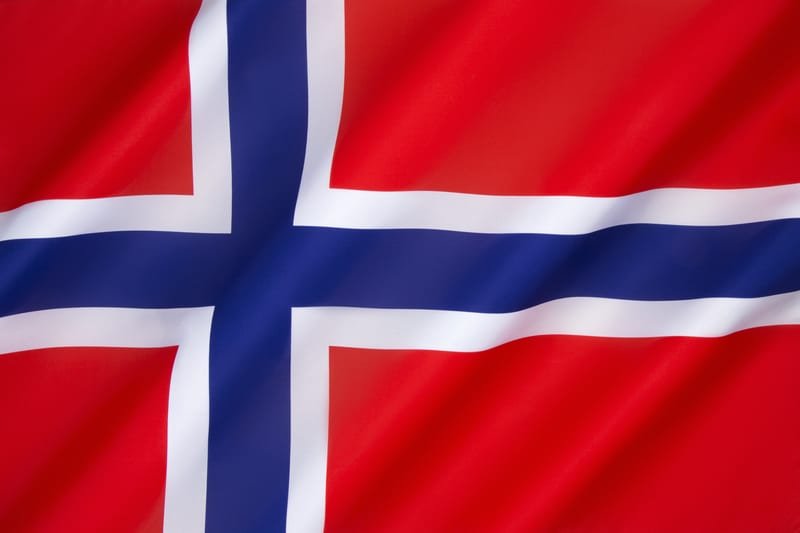Exclusive content
This week marks a significant milestone in a lengthy European Union probe into suspected price-fixing that started with raids on Norwegian salmon producers’ Scottish headquarters in 2019.
Grieg Seafood, SalMar, and other Norwegian salmon producers have indicated they will contest EU accusations of engaging in a cartel and price-fixing during a hearing in Brussels.
The corporations received a Statement of Objections under antitrust laws eight months prior to the closed-door hearing before top antitrust officials from the European Commission (EC), the EU’s competition enforcer.
The EC claims that between 2011 and 2019, salmon farms with headquarters in Norway (Mowi, Cermaq, Grieg Seafood, Bremnes, Leroy, and SalMar) communicated commercially sensitive data, including production numbers and sales prices, in order to artificially raise the spot price. Nearly 80% of all farmed Atlantic salmon shipped from Norway are fresh, entire, and gutted Atlantic salmon, which are the subject of the alleged anti-competitive behaviour.
An inquiry that started with raids on fish farmers’ offices in the UK and other EU member states on 19 February 2019, so before the UK’s exit from the EU, led to the EC’s Statement of Objection in January 2024. The Commission conducted surprise inspections at Grieg Seafood Shetland (now owned by Scottish Sea Farms), Mowi Scotland, and Scottish Sea Farms (owned 50/50 by SalMar and Lerøy).
Since Norway is not a member of the EU but an EEA (European Economic Area) nation, it is not subject to the same EU jurisdiction as the UK was at the time. Hence, the EC was unable to raid offices there, at least not without the assistance of the Norwegian competition authority.
SalMar has said that it will voice its opinions during this week’s session and that it vehemently disagreed with the EC’s preliminary judgment. Grieg Seafood disputed that it or its subsidiaries had engaged in any antitrust violations or anti-competitive behaviour, and it affirmed that it would attend the hearing. Mowi has so far declined to comment, while the other businesses did not reply to inquiries for comment. If it is discovered that they have violated EU antitrust laws, they will all be subject to hefty fines.
Without acknowledging their wrongdoing, the farmers paid 85 million U.S. dollars to U.S. plaintiffs as a consequence of the EC investigation, which sparked class actions against the salmon firms in the U.S. and Canada. In Canada, the matter was similarly settled, again without any admission of wrongdoing.
Meanwhile, two distinct collective proceedings have been initiated against the salmon producers in the UK’s Competition Appeal Tribunal; one pertains to claims made on behalf of consumers, while the other addresses claims on behalf of retailers.




